 |
| February 14, 2020 |
Dear Reader,
Whether you celebrate Valentine's Day or not, romance has connected humans for millennia. In fact, our species evolved to become emotionally attached to each other because it helped us survive. There are research-backed ways to help people understand and strengthen emotional relationships. Scientists have also studied what happens in our brain to make us crave the object of our affection. Today’s stories explore the science of love, from genetic matchmaking to getting over a breakup. For an extra treat, learn how chocolate can help save the world. |
| | Sunya Bhutta, Senior Editor, Audience Engagement
@sunyaaa | |
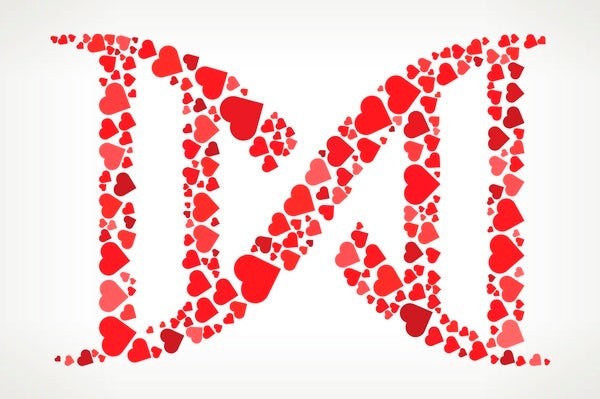 |
| Behavior & Society The Illusion of Genetic Romance Matchmaking based on “DNA compatibility” may sound intriguing, but the underlying science is hardly convincing By Mira Michels-Gualtieri,Jacob M. Appel | |
| |
| |
| |
| |
| |
FROM THE STORE
 | |
The Science of Diet & Exercise Updated for 2020. Our most popular eBook examines traditional weight loss advice and finds it wanting. The new edition includes January's cover story, "Why Your Brain Needs Exercise," which looks at the benefits of exercise in an evolutionary context and "Obesity on the Brain," which examines the effects of "ultraprocessed" foods. All eleven articles in this collection present the most recent research examining the details of the metabolic process and testing new approaches, some of which can be applied to how we think about diet and exercise today.
*If you purchased a copy of this eBook before the 2020 update, simply log into your account and download the new version. |  | | |
| |
FROM THE ARCHIVE
 | | Deciphering the Language of Love Attachment science is helping couples master communication and connection—and getting through conflict By Sue Johnson | July 2017 | | |
| QUOTE OF THE DAY
 "Falling in love is not at all the most stupid thing that people do--but gravitation cannot be held responsible for it." Albert Einstein | |
LATEST ISSUES
 |
| |
| Questions? Comments?  | |
| Download the Scientific American App |
| |
| |



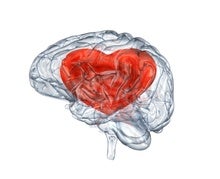


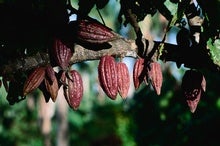

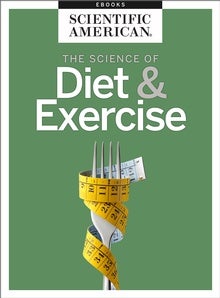


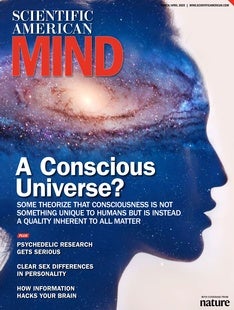


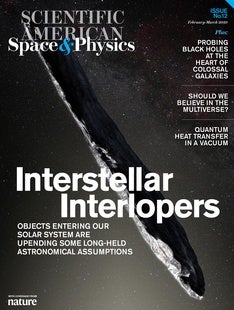
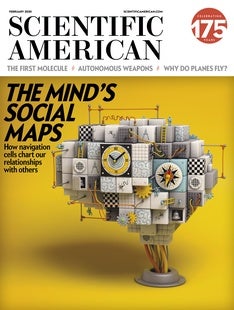



Comments
Post a Comment